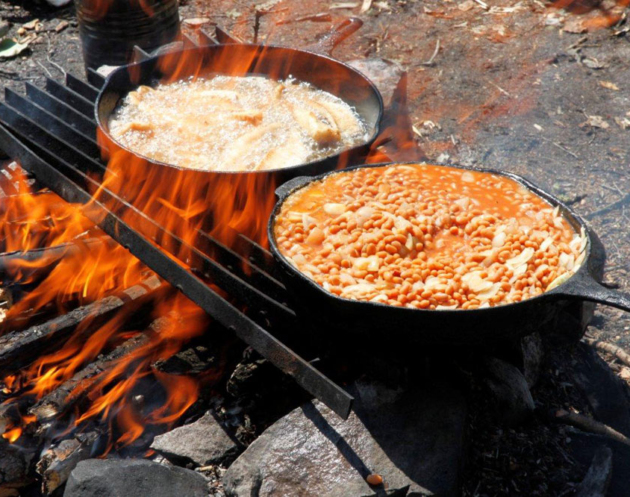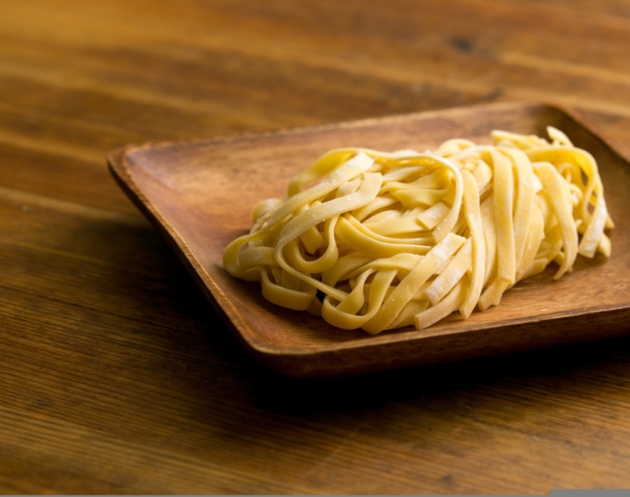The student diet is a topic that appears in October when the academic year begins. It is a difficult time to start adult life for many young people. Moving out of the family home, changing the place of residence, moving to a large, foreign city – all these can generate a lot of stress. In addition, classes at the university at different times of the day and the enormity of study, exams, tests, and introductory meetings is a real effort for the body. In order to cope with all these challenges, it is very important to properly eat, which will cover the demand for energy as well as micro – and macronutrients. The beginning of self-care for your own nutrition is a moment that significantly influences the development of eating habits that are with us throughout our lives.
Often the first few weeks are very chaotic. Disregarded meals, skipping them, no time to cook, empty fridge – every student has experienced these situations more than once. In such cases, fast food or a sweet bar bought at the university vending machine often becomes the lifeline. As a result, the diet of students is often very poor and varied. Lack of sleep and losing the night, by taking time to study or party, may additionally contribute to your worse well-being.
Student diet - How should students eat to properly take care of their health?
Diversity
The diet for a student is primarily about variety. The more colors on the plate, the better. The basis of nutrition should be vegetables and fruits. You have to remember that fresh vegetables or fruit should be an addition to every meal.
Grain products
It is worth paying attention to the fact that the student menu includes whole meal cereal products. They are a source of magnesium, an element that affects the work of the nervous system. In addition to cereal products, it can be found in green vegetables, pods, bananas, nuts and seeds, and good quality dark chocolate. It is worth considering these products when composing meals on a daily basis.
Dairy products
The student’s diet should also include dairy products such as milk, cottage cheese, yogurt, kefir, and cheese. They provide calcium, which also affects the work of the nervous system and is a building mineral that is part of, for example, bones or teeth.
Protein meals
It is worth that each meal should be composed with the addition of protein from a good quality source, i.e. lean meat, fish, eggs, lean meats, and legume seeds. Protein is a building material that is essential for the proper functioning of a young organism. In addition, the protein content in the meal stabilizes the blood glucose level, thanks to which a continuous supply of glucose to the intensively working brain is ensured.
Healthy snacks
While studying, it is worth focusing on nutritious snacks. Nuts will work great in this role. They contain essential fatty acids, magnesium, iron, zinc, protein, and fiber. These are products containing very large amounts of healthy fats, vitamins, and minerals. It should also be remembered that, unfortunately, their calorific value is also high, so you should not overdo them. According to the US Food and Drug Administration, it recommends daily consumption of 42g of nuts. Polish scientists also confirm the beneficial effects of nuts on health by placing them on the Healthy Nutrition Pyramid. However, there is no specific recommended intake, however.
Avoiding fast food
It is worth giving up fast food products that provide huge amounts of calories while being very poor in nutrients.
Preparing your own meals
It would be worth taking care of preparing your own meals. Thanks to this, it is known what will be in their composition and young people develop proper eating habits.
Meal planning
To make cooking easier, it is good to plan meals for each day. Thanks to this, we will save time and money because we will not buy unnecessary products and the prepared list will limit our pointless wandering between store shelves.
Good variety of meals
It is not worth buying cheaper and inferior quality products. They will not have a positive effect on our condition and may also cause various ailments.
Proper hydration
The diet for a student should be properly hydrated. Replacing sweetened, carbonated drinks with mineral water will certainly do us good. Thanks to this, we provide the body with less energy, which reduces the risk of overweight and obesity. It is worth avoiding liquids with diuretic properties, i.e. excessive amounts of black tea, excess coffee, which may intensify this effect, and cranberry or nettle infusions. It would be good to invest in bottles or filter jugs that will make it easier for us to drink water and will save a few zlotys.
Moderate consumption of alcohol
It is very important to use alcohol in moderation. It is a product that provides enormous amounts of energy. In addition, it is addictive and toxic. At an early age, it adversely affects the development of the brain and its overuse increases the frequency of risky behaviors that may have negative effects.
Physical activity
It is worth taking care of proper physical activity and spending time outdoors. The crowd of activities and learning is not conducive to playing sports. Moderate activity, however, allows you to regenerate after a hard day, causes the release of endorphins, relaxes you, and improves your condition. In case of lack of time, it is good to take at least an evening walk or jog.
Remember that studies are a very fun and interesting time. If we already know how to take care of ourselves during them, let’s do everything we can to be in good shape. An appropriate diet for the student will result in great well-being and good academic results.




